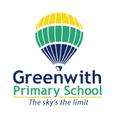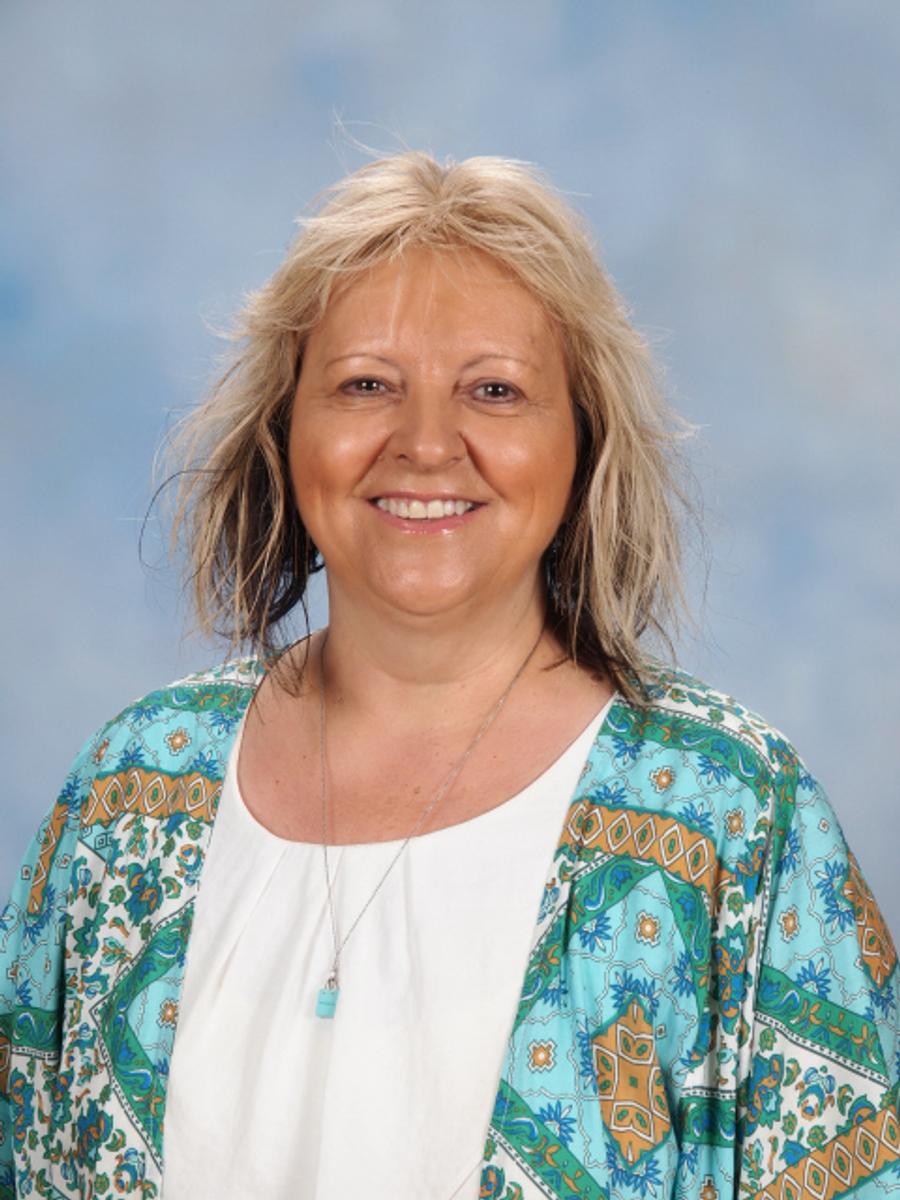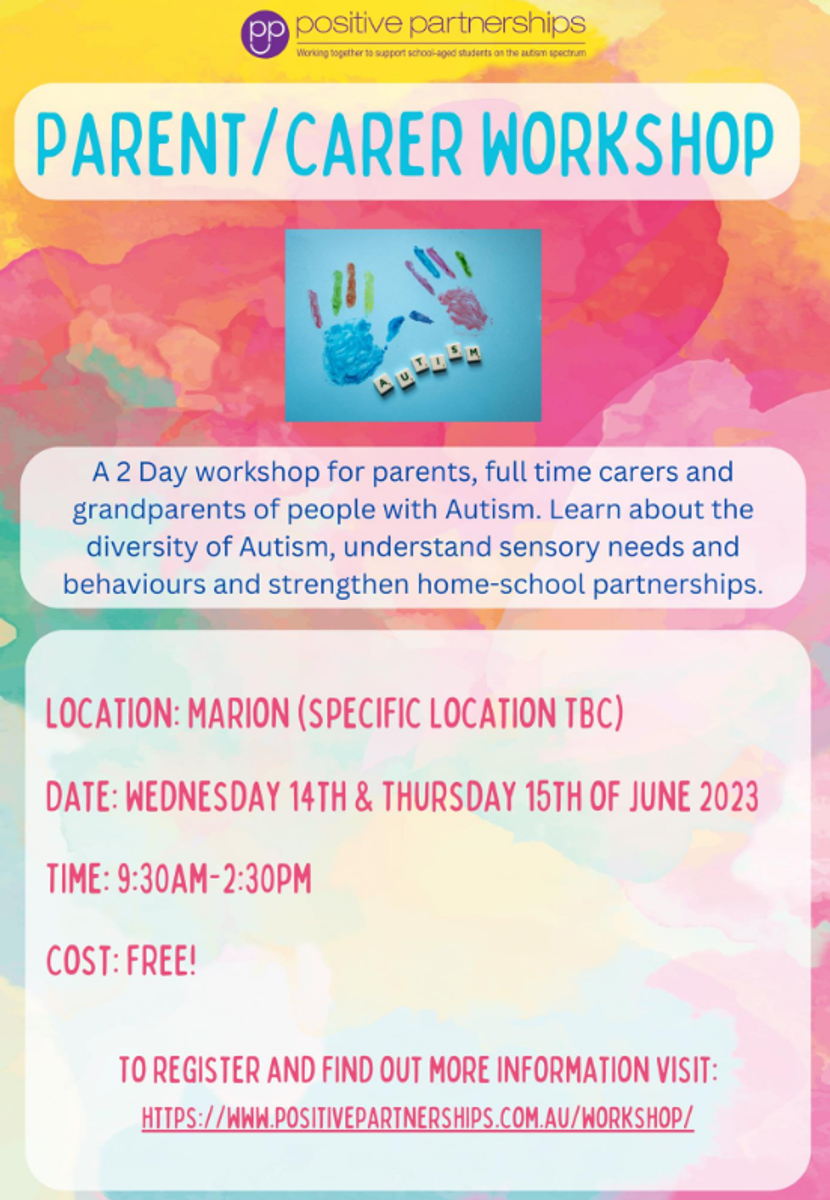From the Wellbeing Team

Nationally Consistent Collection of Data on School Students with Disability
All schools are required to collect information about the number of students that they provide adjustments to under the Disability Discrimination Act (1992) and Disability Standards of Education (2005). This data is used as the basis for national funding.
This process will occur in terms 2 and 3 involving the collection of the number of students receiving adjustments to enable them to participate in education on the same basis as other students; the level of adjustment provided to students; and where known, the student’s type of disability.
Under the Collection model, the definition of disability is broad and includes learning difficulties, health and mental health conditions. If your child is identified for inclusion in the Collection, the required information about your child will be included in this year’s data collection.
Click on the link below to read the NCCD Fact Sheet for Parents, Guardians and Carers explaining this process. If you have any questions about the data collection, please contact Alison Warner at Greenwith Primary School.
Wellbeing and Engagement Collection Survey
Our students have been invited to take part in the Wellbeing and Engagement Collection survey. The survey will be open in weeks 2 to 5 of term 2 (Monday 8 May to Friday 2 June 2023).
Young people’s wellbeing is an important part of how they learn at school. The survey seeks students’ views about their wellbeing and their engagement with school. Students in years 4 to 12 across the state will be invited to participate and the information collected will help the education system and broader community to support young people’s health and wellbeing.
The survey asks students about their social and emotional wellbeing, school relationships, engagement and learning in school, physical health and wellbeing and after-school activities.
Teachers will arrange for students to do the survey during class time. They will be asked if they would like to participate and are free to withdraw at any time. If you do not want your child to participate, please contact the school as soon as possible by emailing the school at dl.1858.info@schools.sa.edu.au
Further information will be sent to all families via email shortly. You can also find more information at www.education.sa.gov.au (search: wec). For questions or concerns, or to view the questions, please email Education.WECSA@sa.gov.au
Understanding Autism
You may have noticed your child responds or behaves differently to others their age. Perhaps their language skills aren’t developing as quickly. They seem to react unusually to touch or sound. Or they may become very easily upset at changes to routine.
These things may be phases experienced as a normal part of development, but they may also be signs of autism. If you’re concerned about differences in your child’s behaviours or development, you should talk to your pediatrician or family doctor.
At this time, there aren’t any medical tests, such as blood tests or scans that detect autism. A diagnosis is made by assessing certain aspects of behaviour and development. Your child’s doctor, or other allied healthcare professionals (such as speech pathologists, occupational therapists, or psychologists) will ask about their history and behaviour, which will be assessed against descriptors set out in the current Diagnostic and Statistical Manual (DSM-5) to determine if they are on the autism spectrum. They will evaluate your child’s:
- language and communication skills
- social skills and how they respond to others
- response to changes in their environment or routine
- under or over-sensitivity to sensory input (touch, sound, sight, smell, etc.)
- repetitive or rigid behaviour patterns
Autism may be diagnosed when issues in these areas present at a young age and impact their everyday functioning.


